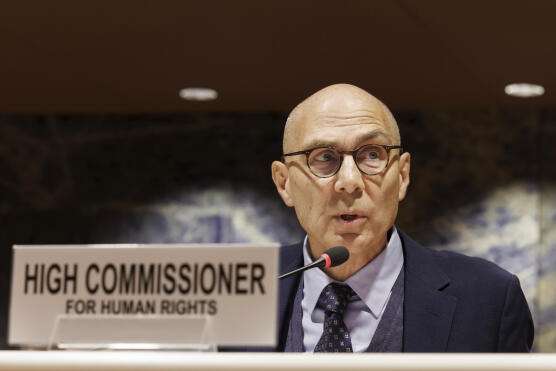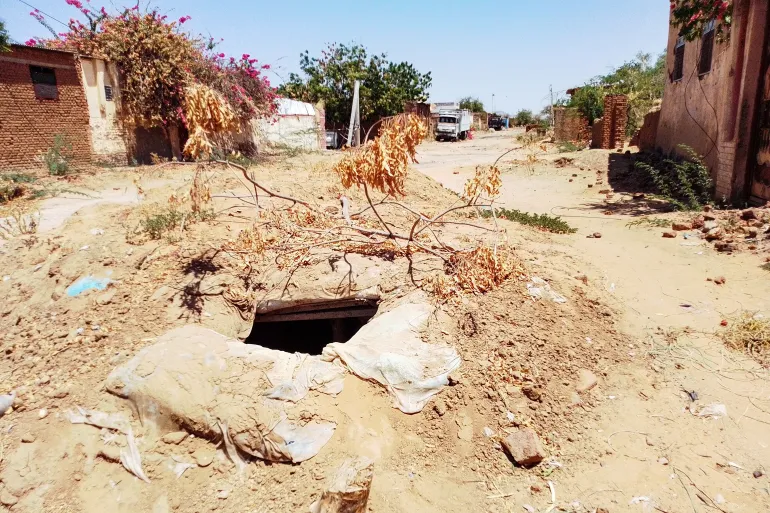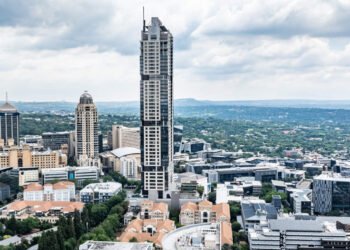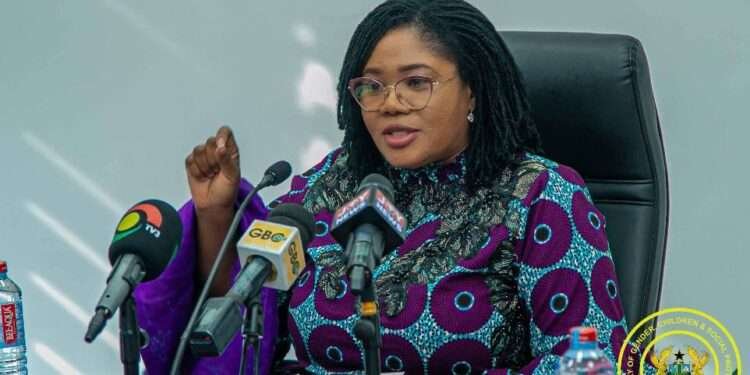The El Fasher Resistance Committee has disclosed that the Rapid Support Forces (RSF) had carried out a “massacre” on the Dar al-Arqam displacement centre.
According to the committee, a drone and artillery attack killed at least 60 people at the displacement centre and university grounds where people had been seeking refuge, in the besieged Sudanese city of El-Fasher in North Darfur state.
The committee said in a statement that bodies remained trapped in the rubble, describing it as a “massacre” and calling on the international community to intervene.
It said in a later statement that the shelter had been hit twice by drones and eight times by artillery shells on Friday and Saturday.
“Children, women and the elderly were killed in cold blood, and many were completely burned.
“The situation has gone beyond disaster and genocide inside the city, and the world remains silent.”
The El Fasher Resistance Committee
The attack represents the latest in an intensifying pattern of strikes on civilian areas in the city, with the brutal civil war now well into its third year.
The United Nations Office of the High Commissioner for Human Rights documented at least 53 civilians killed between October 5-8 alone in attacks across el-Fasher locality, with women and children among the dead.
El-Fasher is the last major city held by the government-aligned Sudanese Armed Forces (SAF) in the vast western Darfur region, and has faced intensified attacks from the paramilitary RSF since the army recaptured the capital, Khartoum, in March this year.
The RSF has been fighting SAF for control of the country since April 2023, when two generals leading both forces fell out. The war has triggered what humanitarian organisations have said is the world’s largest humanitarian emergency.
Tens of thousands of people have been killed, and millions have been externally and internally displaced due to the fighting.
According to the International Organization for Migration (IOM), approximately 260,000 people remain trapped inside, but el-Fasher’s overall population has now shrunk by 62 percent from its pre-war level of 1.11 million to just 413,454 people.
Mohamed Badawi, a human rights activist with the Uganda-based African Centre for Justice and Peace Studies, which monitors the conflict in Sudan, “Generally, the RSF have relied on air strikes to force civilians out of the city so they can take it over.”
Türk Appalled By RSF’s “Disregard For Civilian Life”

On Friday, the UN High Commissioner for human rights, Volker Türk, said that he was “appalled by the RSF’s endless and wanton disregard for civilian life” in El Fasher.
“Despite repeated calls, including my own, for specific care to be taken to protect civilians, they continue instead to kill, injure and displace civilians, and to attack civilian objects, including [internally displaced people’s] shelters, hospitals and mosques, with total disregard for international law. This must end.”
Volker Türk
Under the months-long blockade, el-Fasher faces catastrophic humanitarian conditions.
A UN Development Programme report published this week noted that El Fasher faces “collapsed markets, a complete collapse of food availability and affordability, and no road access for aid, forcing residents to survive on animal feed and food waste.”
Satellite imagery analysed by the Yale Humanitarian Research Lab reveals a systematic campaign of destruction surrounding el-Fasher.
Researchers documented widespread burning of villages and displacement camps in a 57-kilometre radius around the city, with evidence of ethnic targeting primarily affecting non-Arab communities.
Yale researchers identified a 57-kilometre earthen berm encircling el-Fasher that restricts civilian movement and humanitarian access.
The International Committee of the Red Cross said health facilities across Sudan are routinely attacked and looted, with ambulances blocked at checkpoints or destroyed. In Khartoum, 70-80 percent of health facilities have closed or barely remain operational, according to the World Health Organization.























